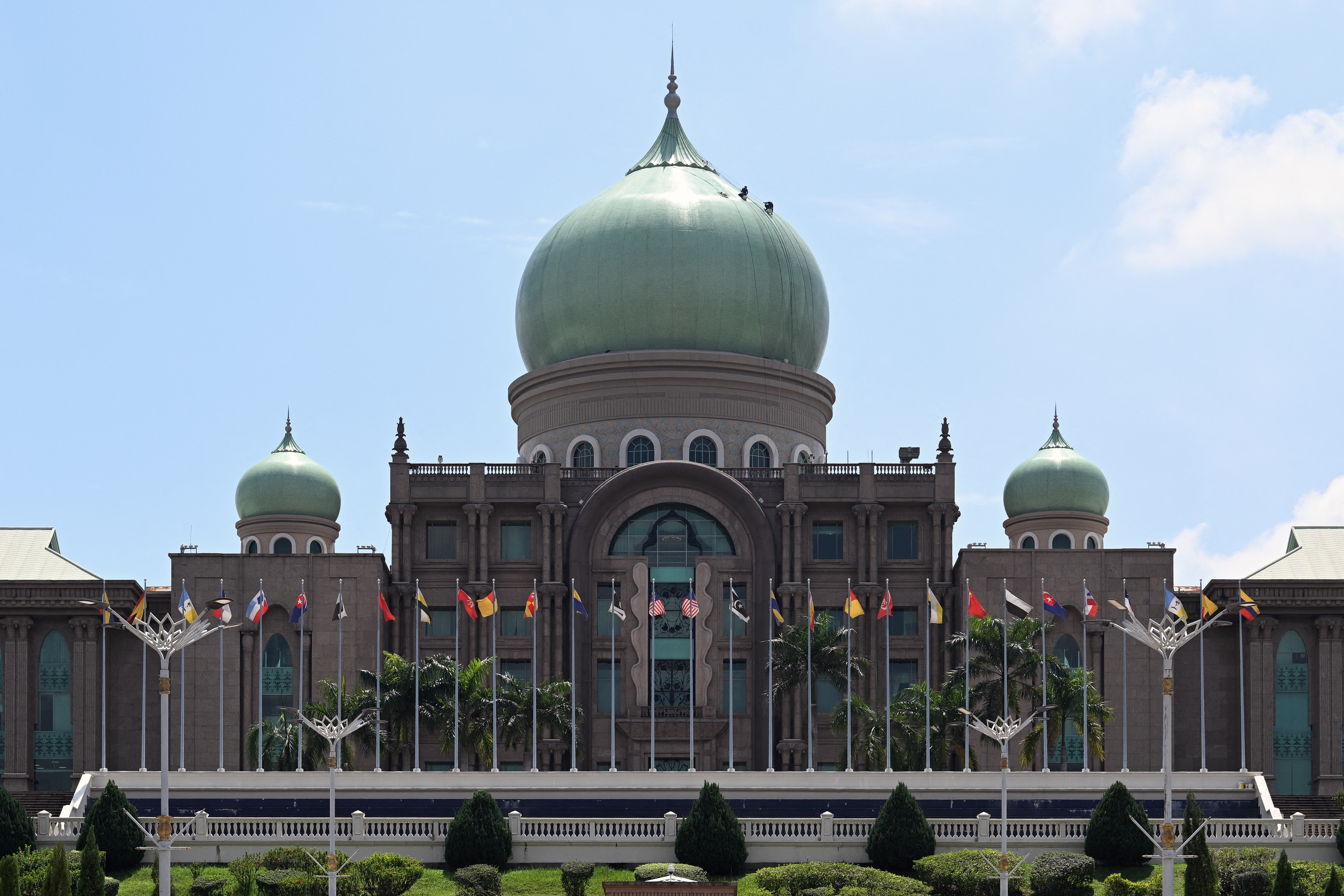
As Malaysia stands on the brink of assuming the ASEAN chairmanship in 2025, its potential bid to join BRICS is not merely a timely consideration—it is a strategically vital move that could reshape the nation’s role on the global stage. Having closely observed Malaysia’s foreign policy over the years, this dual role presents a unique opportunity for the country to enhance its global influence, champion regional interests, and contribute to the evolving multipolar world order.
BRICS—consisting of Brazil, Russia, India, China, and South Africa—has grown into a formidable force that challenges the dominance of Western-led institutions like the IMF and World Bank. For Malaysia, joining this bloc would not only elevate its status in global affairs but also align with its long-standing commitment to advocating for a more just and equitable international order. I’ve seen firsthand how Malaysia has consistently pushed for the interests of developing nations, particularly within the United Nations and other multilateral platforms. The inclusion of Malaysia in BRICS would be a natural extension of this legacy, allowing the country to more effectively champion causes like sustainable development, climate justice, and fair trade practices—issues that resonate deeply within the ASEAN region and beyond.

The timing of this potential move is crucial. As Malaysia prepares to lead ASEAN, the region faces significant challenges, particularly in navigating the growing geopolitical tension posed by the super power. Malaysia’s leadership will be instrumental in maintaining ASEAN’s unity and centrality in this complex landscape. Malaysia’s past chairmanship of ASEAN, especially in 2015 tell how the country skillfully managed regional dynamics and upheld ASEAN’s non-alignment policy. By potentially joining BRICS, Malaysia could further strengthen ASEAN’s position by fostering deeper economic and political ties with the bloc, thereby enhancing the region’s collective bargaining power and providing a counterbalance to external pressures.
The global economic landscape is also in flux, with rising protectionism and unilateralism posing significant challenges to economies like Malaysia’s. Malaysia, alongside its ASEAN neighbors, has had to navigate these shifts carefully. Joining BRICS would open up new avenues for Malaysia to diversify its trade partnerships, reducing its reliance on traditional Western markets. This strategic diversification is not just an economic necessity but also a means of ensuring long-term stability in an increasingly uncertain global environment.
One area where BRICS has been particularly forward-thinking is in the establishment of alternative financial systems, such as the New Development Bank. Malaysia’s involvement in these initiatives could enhance its financial resilience and provide the strategic autonomy needed to weather global economic shocks. This move would not only benefit Malaysia but also set a precedent for other ASEAN nations seeking to bolster their economic sovereignty.
Looking back at Malaysia’s foreign policy principles—rooted in neutrality, non-alignment, and the peaceful resolution of disputes—it’s clear that the country is well-positioned to advocate for a multipolar world where power is more equitably distributed. This vision is not just about maintaining balance among global powers but about ensuring that all nations, regardless of size, have a voice in shaping the future. Malaysia’s potential membership in BRICS, coupled with its leadership of ASEAN, would allow it to play a pivotal role in bridging the interests of both blocs, fostering greater South-South cooperation, and contributing to a more balanced international order.
In this moment of opportunity, Malaysia has the chance to not only redefine its own future but also influence the trajectory of global governance. The challenges we face—from climate change to geopolitical tensions—demand a leadership that is both visionary and pragmatic. By embracing the strategic possibilities offered by BRICS and guiding ASEAN with determination and foresight, Malaysia can help forge a path toward a more equitable and stable world, ensuring that the voices of the Global South are not just heard but heeded in the corridors of global power.
This is a defining moment for Malaysia, one that could set the tone for the nation’s role in the 21st century. The decisions made today will reverberate for generations to come, and it is incumbent upon Malaysia to seize this moment with both hands. The world is watching, and the time for bold, decisive action is now.
The author, PhD in Political Science, is with the Department of Fundamental and Inter-Disciplinary Studies (FIDS) at the International Islamic University Malaysia (IIUM). The views do not necessarily reflect those of China Daily.


